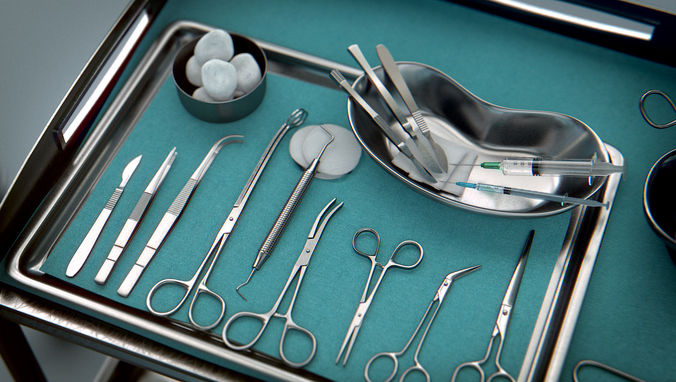In the world of modern medicine, precision and reliability are non-negotiable. At the core of every successful surgery lies a set of expertly crafted surgical instruments—tools that must meet the highest standards of quality, durability, and sterility. One country that has carved out a significant niche in this space is Pakistan. Over the past few decades, Surgical instruments manufacturers in Pakistan have gained global recognition for producing high-quality instruments at competitive prices.
The Backbone of Global Surgical Supply
Sialkot, a city in the Punjab province of Pakistan, is widely known as the hub of surgical instrument manufacturing. With a history dating back to the early 20th century, this city houses over 3,000 small to medium-sized manufacturing units. These manufacturers supply a significant portion of the world’s surgical tools, including forceps, scissors, scalpels, and retractors.
What sets surgical instruments manufacturers in Pakistan apart is their meticulous attention to detail, skilled craftsmanship, and the use of high-grade materials. These manufacturers not only meet international standards such as ISO and CE certifications but also collaborate with hospitals and research institutions to ensure continual innovation.
Why Pakistan?
Several factors contribute to Pakistan’s stronghold in this industry:
- Skilled Workforce: Generations of artisans have passed down their knowledge, ensuring a consistent quality of craftsmanship.
- Cost Efficiency: Compared to Western counterparts, the cost of manufacturing in Pakistan is significantly lower, without compromising on quality.
- Global Partnerships: Pakistani manufacturers often work as OEM partners for well-known brands in Europe and North America.
- Regulatory Compliance: Top manufacturers adhere to international medical and safety standards, gaining trust in highly regulated markets.
Material Matters: Surgical Steel vs Stainless Steel
One critical decision in the production of surgical tools is the choice of material. The debate between surgical steel vs stainless steel often arises among healthcare professionals and manufacturers alike.
- Surgical Steel: A subtype of stainless steel, surgical steel is specially formulated to be corrosion-resistant and non-reactive, making it ideal for surgical applications. It often contains molybdenum to enhance its resistance to pitting and oxidation.
- Stainless Steel: While also corrosion-resistant, not all stainless steels are suitable for medical use. General-purpose stainless steel may lack the biocompatibility and durability required in surgical environments.
Understanding the nuances of surgical steel vs stainless steel helps healthcare providers make informed decisions about the tools they use. Most reputable Pakistani manufacturers use surgical-grade stainless steel to ensure patient safety and instrument longevity.
Innovation and Customization
The surgical instruments industry in Pakistan is not just about mass production. Many companies specialize in custom instrument design, allowing surgeons to request modifications tailored to specific procedures. This level of customization is a testament to the manufacturers’ technical expertise and responsiveness.
Moreover, Pakistani firms are investing in R&D and adopting cutting-edge technologies such as CNC machining and 3D printing to remain competitive. These innovations enable greater precision, shorter lead times, and enhanced product quality.
Read More about sportswear manufacturer in sialkot pakistan
Challenges and Opportunities
Despite its many strengths, the industry does face challenges:
- Counterfeit Products: Low-quality imitations can damage the reputation of genuine manufacturers.
- Global Competition: Countries like Germany and China also dominate this space, creating a highly competitive environment.
- Technological Lag: Some manufacturers still rely on outdated techniques and machinery.
However, these challenges also present opportunities. With continued investment in technology and quality assurance, Pakistani manufacturers can further solidify their position in the global market.
Final Thoughts
The future looks promising for surgical instruments manufacturers in Pakistan. As global demand for reliable, affordable, and high-quality surgical tools continues to grow, Pakistan is well-positioned to lead the way. Healthcare providers and distributors worldwide would do well to explore partnerships with these manufacturers, not only for their economic advantages but also for the assurance of excellence.
Whether you’re a medical professional evaluating suppliers or a procurement officer sourcing the best tools for the job, understanding the distinction between surgical steel vs stainless steel and the capabilities of Pakistani manufacturers can help guide your decision-making.
In a field where precision saves lives, trusting the hands that make the instruments is paramount—and those hands are increasingly found in Pakistan.






